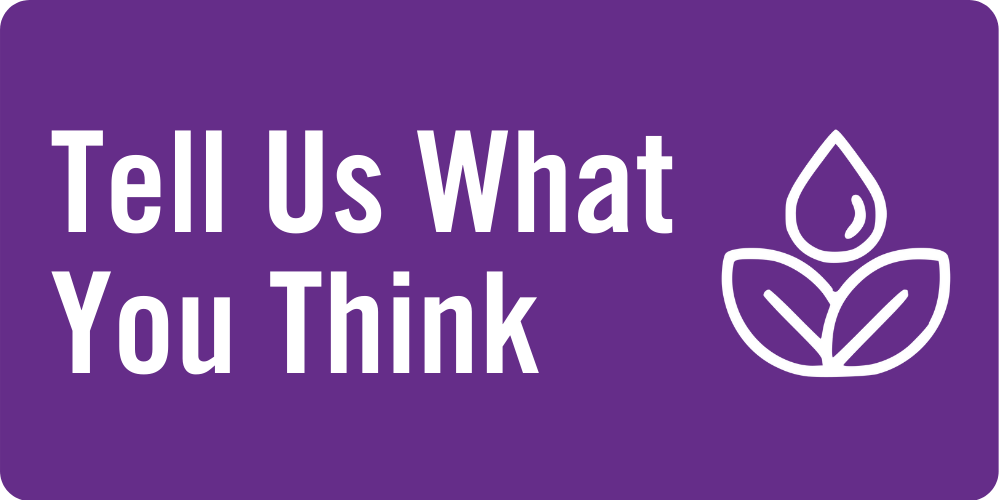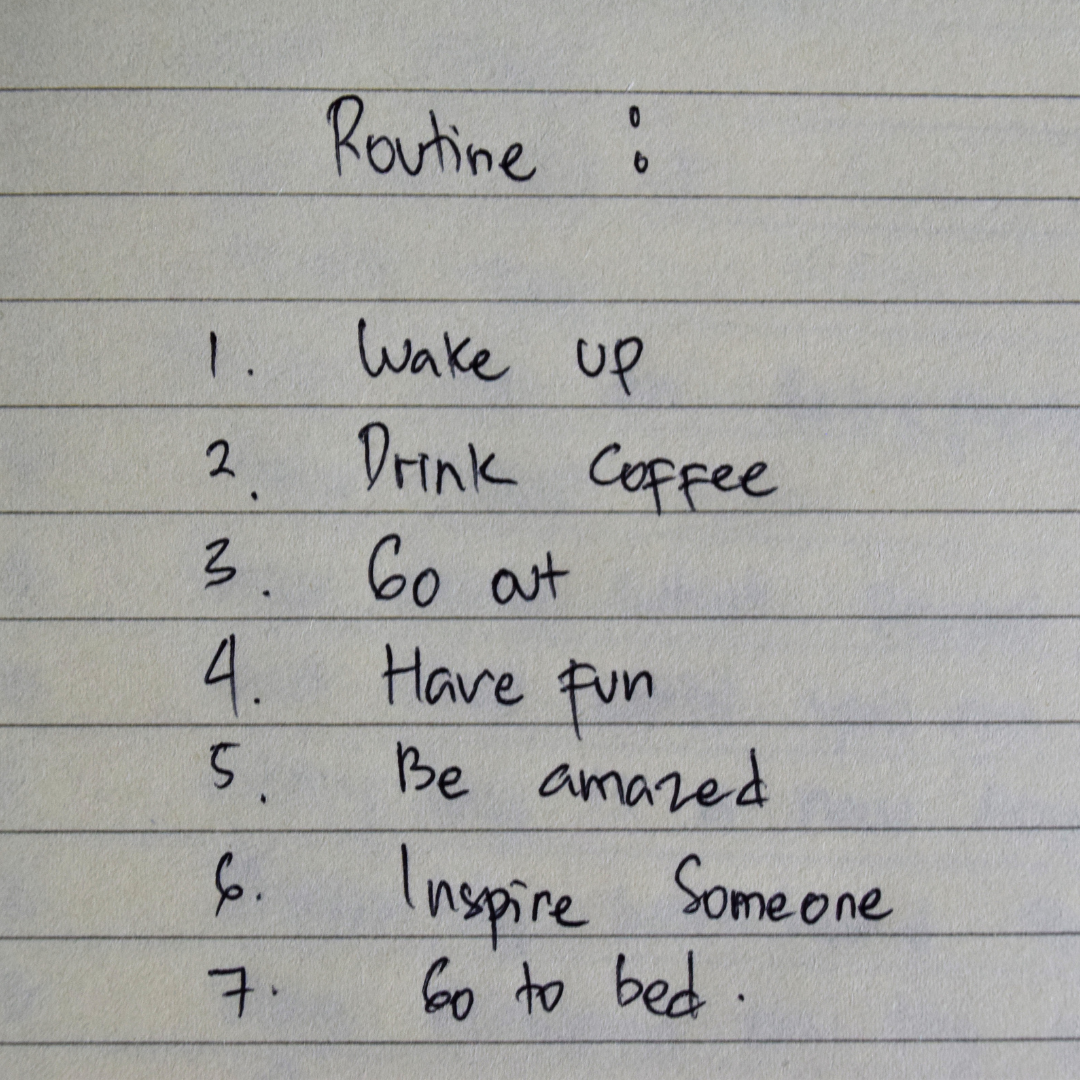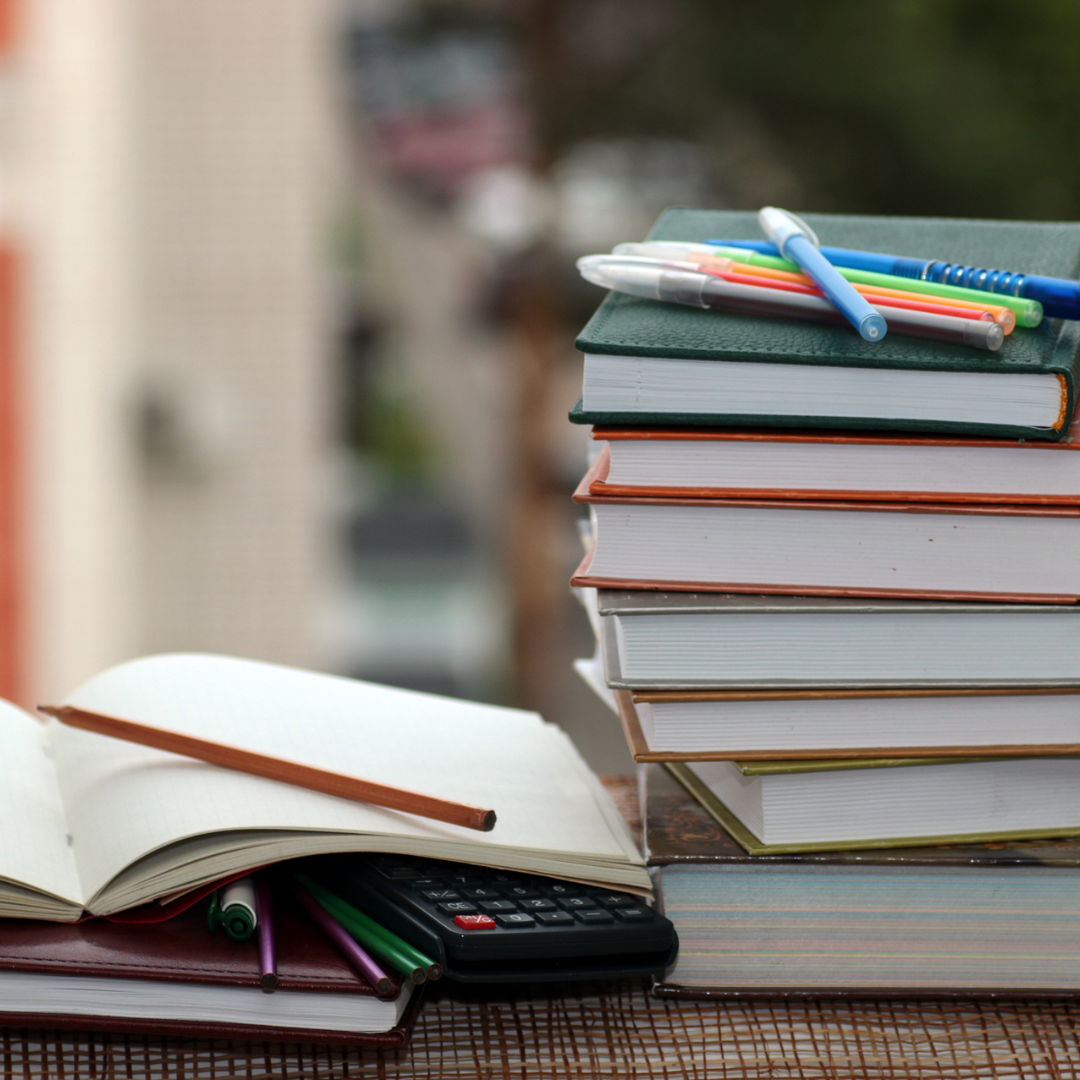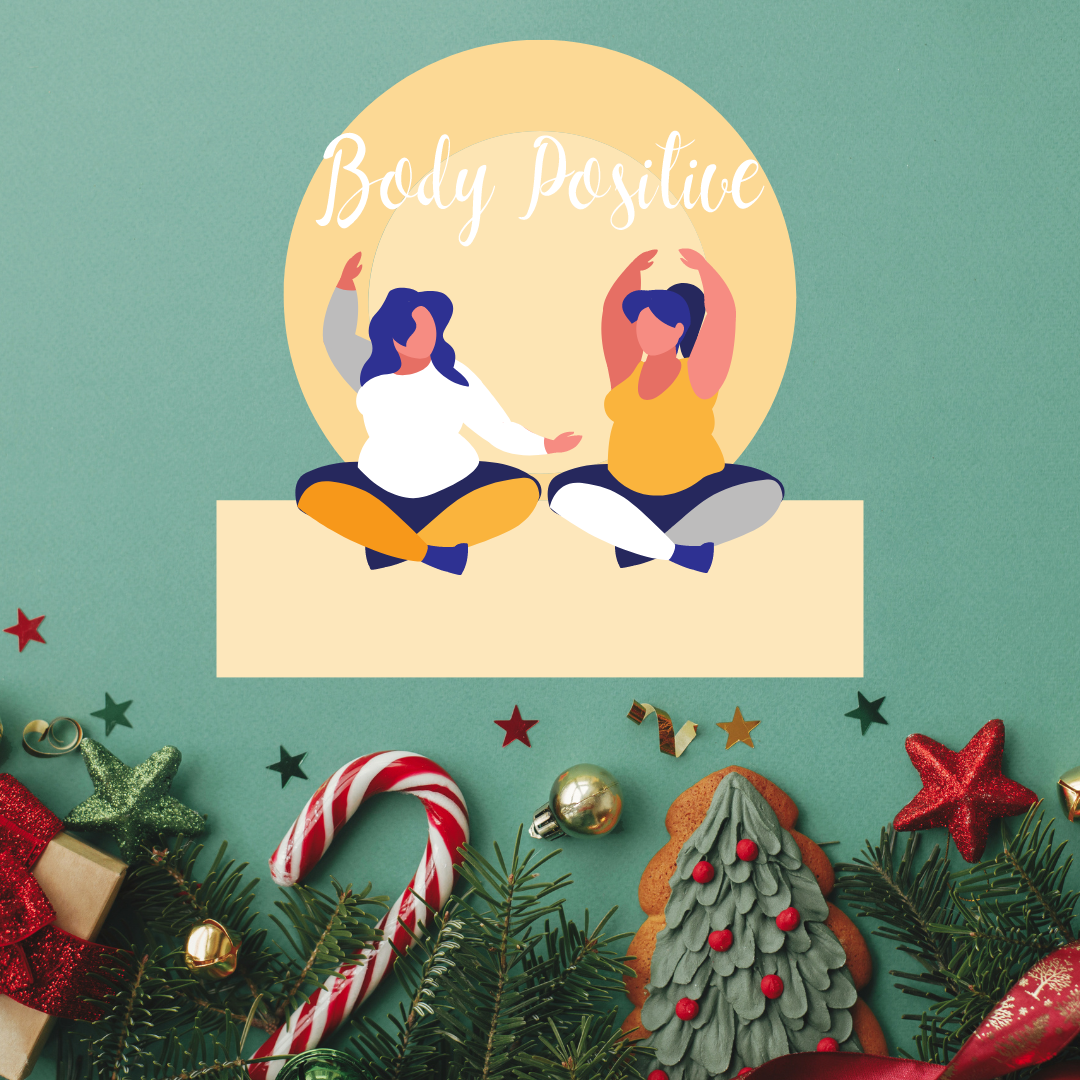Staying in Thunder Bay For The Summer? Here's How to Enjoy What The City Has To Offer
Whether you are new to Thunder Bay or are simply looking to try new things. There are plenty of activities you can enjoy for free and at your own expense to fill your summer with positive memories and experience what this city has to offer!
As a Thunder Bay local, I have attended many events and participated in various different activities throughout my beautiful city. Therefore, I have compiled a list of fun things to do and ways to enjoy our warm summer months as a true ‘Thunder Bayan.’
Events
Attending local events is a great way to explore the city and meet new people without the added stress of planning or hosting an event. Throughout the warmer months, an event is hosted nearly everyday, which provides newcomers and locals with the opportunity to try new things on a regular basis.
A great way to stay updated on local events is to check out the City of Thunder Bay’s Community Events Calendar. This calendar includes an array of information pertaining to what’s happening in the city and when.
Another source I commonly refer to when looking for events is the Walleye, which is a free local magazine that is published monthly. You can pick up a copy of the Walleye at a local retailer or access it digitally online.
Despite the array of amazing events that are available to the general public, the events listed below are two that I prioritize attending each year.
Thunder Bay Country Market: Although this occurs every Wednesday from 3:30-6:30 pm and on Saturdays from 8:00am-1:00pm year round, I enjoy going in the summer as there is a large variety of fresh produce from local farmers. The Country Market is full of local vendors who offer an array of products such as groceries, baked goods, crafts, and art. The Country Market is a great place to grab a bite to eat from places such as Boreal Bakery and pick up gifts from Red Door Metalworks.
Live on the Waterfront: If you’re looking for something to help you get through the week, attending a waterfront concert is a must see as it is entertaining for all ages. Every Wednesday night from 6:00-9:00 pm from July 19 to August 16, 2023, the Marina Park will turn into a concert venue where you can listen to live music for free. In addition to music, there are multiple food trucks where you can purchase refreshments and snacks. If you plan on stopping by, I would recommend bringing lawn chairs and arriving early as parking and prime seating fills up quickly.
Activities
If crowded events don’t interest you, there are various fun activities you can participate in throughout the city on your own terms.
Indoor Attractions
Centennial Botanical Conservatory: A beautiful indoor garden center with various flowers, cacti and trees to explore
Lakeside Studio and Cafe: A creative space to participate in workshops or freely create art
Thunder Bay Art Gallery: Showcases various art from talented artists through permanent and temporary exhibitions
Thunder Bay Museum: Learn about our city’s heritage via a three floor museum that display over 10,000 years of history with some displays changing a few times a year
Local Shopping: Various local hot spots for shopping include places such as Goods and Co, Mars Clothing, and Sleeping Giant Antiques
Downtown Restaurants/Bars: Most local restaurants are located downtown, including Bight, Madhouse, Lot 66, and Subdivision.
Outdoor Attractions
Marina Park: Overlooks the waterfront, includes activities such as sailing, a splash pad, skate park, and paved path for running, walking, cycling etc.
Belluz Farms: Head to a local farm to hand pick fresh strawberries in the summer sun and stop by their farm store to purchase other produce
Fort William Historical Park: Reconstruction of multiple buildings from the headquarters of world's largest fur trading post in 1816
International Friendship Gardens: Highlights 18 ethnic groups via various monuments along a paved walking trail surrounded by beautiful gardens
Local Sports Events: A great watch is the Thunder Bay Chill (Soccer), and Border Cats (Baseball) or attend/participate in a local running (Meter Eaters, UpRiver Running), cycling (Black Sheep, Thunder Bay Cycling Club) or golf event (Chapples, Strathcona)
Local Trails: Various paved and unpaved trails are available throughout the city including Centennial Park, Tree Farm, Cascades Conservation Area, and Boulevard Lake Trails
-Madeline Fabiano, Student Health and Wellness Summer Assistant











